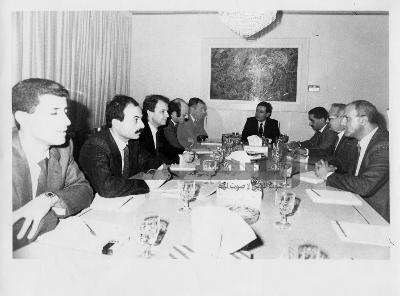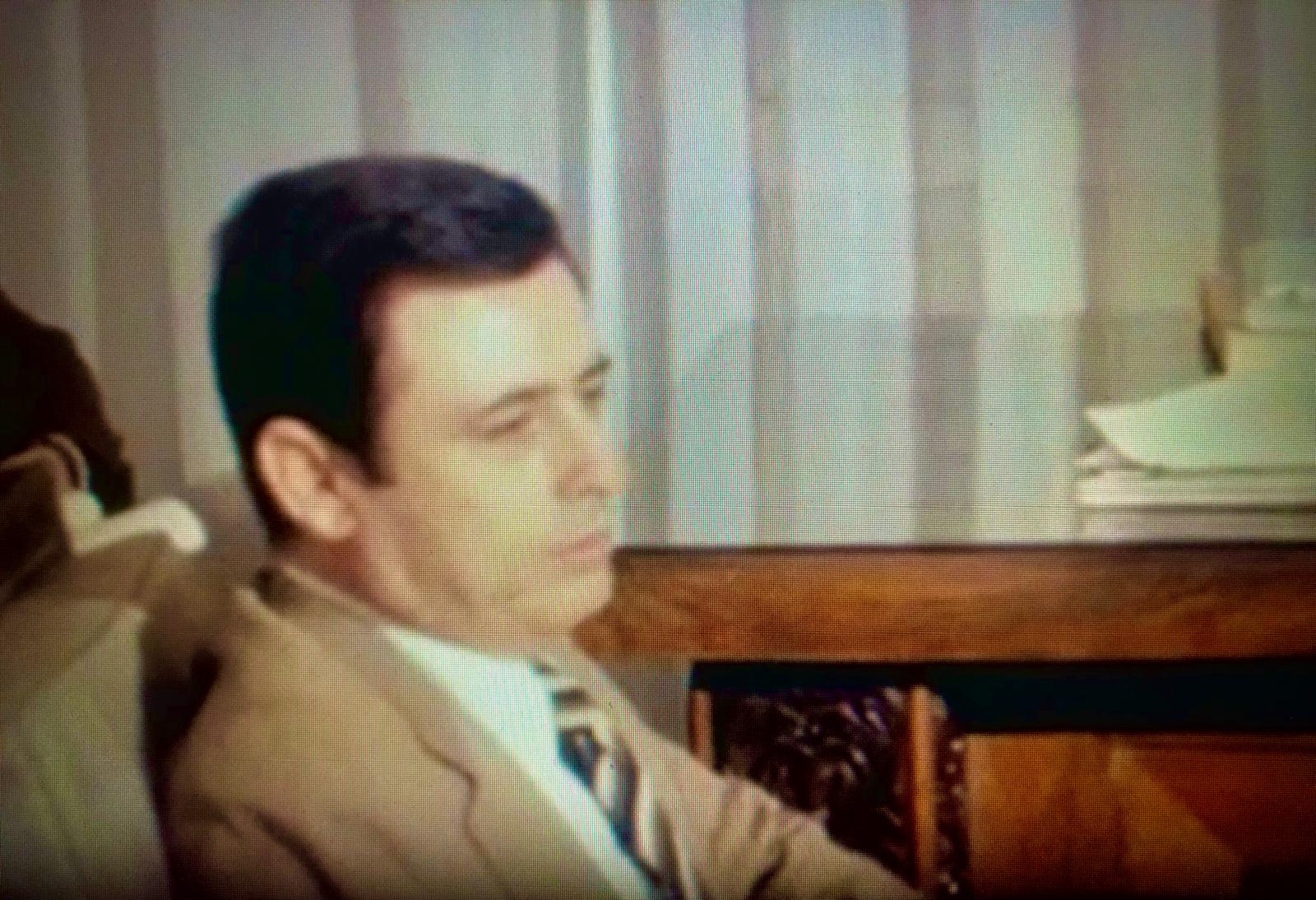Leaders of Lebanon’s three main rival militias Sunday prepared to unveil a Syrian-backed peace agreement to end a decade of civil war and eventually give more power to the Moslem majority.
The three militia chiefs, who signed the accord Saturday in the Syrian capital of Damascus, were expected to meet Syrian President Hafez Assad separately before revealing details of their pact, Beirut radio said.
Elie Hobeika, 29, leader of the Christian Lebanese Forces militia, met Assad Sunday but no details of the talks were given, state-run Damascus radio reported.
Syrian Vice President Abdel Halim Khaddam secured the agreement among Hobeika, Shiite Moslem Amal militia leader Nabih Berri and Druze Moslem militia chief Walid Jumblatt in three months of talks in Damascus.
Hobeika’s participation came despite opposition from veteran Christian politicians.
Beirut newspapers published Sunday what they described as the final text of the peace agreement — the first between the fighters themselves despite a string of cease-fire calls from political leaders since the civil war erupted in 1975. About 100,000 people have died in the fighting.
Among the measures called for in the published document is an immediate and comprehensive cease-fire with Syrian help, the deployment of Syrian forces in parts of Lebanon and the disbanding of militias.
The document also demands ‘total coordination’ in foreign policy with Syria and the use of its troops to prevent Israeli forces from using Lebanon to attack Syria, the newspapers said.
But the accord said a 1948 armistice with Israel will remain in effect — a point apparently won by the Christian militia.
The agreement calls for the immediate formation of a new government that will appoint an increased number of parliamentarians. The new parliament will have 198 members — rather than the 99 in the present legislature.
The parliamentarians will be split equally between Christians and Moslems with the same number from each of the Lebanon’s three main communities — the Christian Maronites, the Sunni Moslems and the Shiite Moslems.
The agreement did not define the length of a ‘transitional period’ for the insitution of the reforms.
The present parliament, elected in 1972, is weighted 6 to 5 in favor of the Christians in line with Lebanon’s 42-year-old system of assigning political posts on religious grounds.
The 23-page document also reduced the powers of Christian President Amin Gemayel, who has said he supports the accord.
The agreement reflected Syria’s success in increasing its role as regional power broker. Syria has about 35,000 troops in northern and eastern Lebanon.



